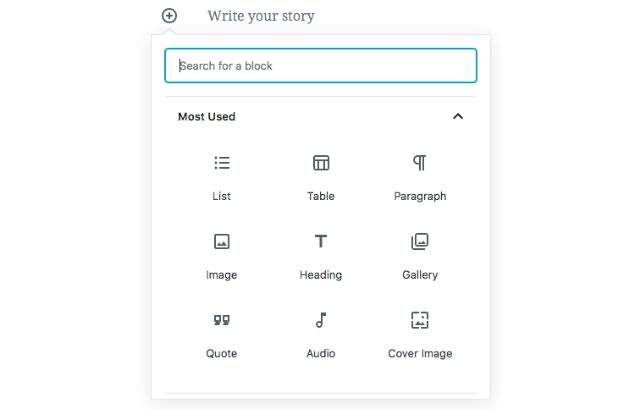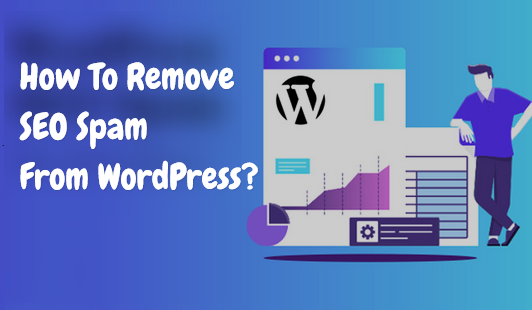WordPress website management efficiently requires a combination of organization, automation, and optimization. From content creation and updates to security and performance monitoring, there are numerous tasks involved in maintaining a successful WordPress site.
In this guide, we’ll explore actionable tips to help you streamline and supercharge your WordPress website management process, enabling you to save time, improve productivity, and achieve better results.
Contents
1. Utilize a Content Calendar
Implementing a content calendar can help you plan, organize, and schedule your content effectively. Use tools like CoSchedule or Editorial Calendar to create a centralized calendar that outlines your content publishing schedule, including blog posts, social media updates, and email newsletters.
By planning ahead and scheduling content in advance, you can maintain consistency, stay on track with your content strategy, and avoid last-minute scrambling.
2. Automate Routine Tasks
Take advantage of automation tools and plugins to streamline routine tasks and reduce manual effort. Use plugins like:
- WP-Cron Control to manage scheduled tasks more efficiently.
- Automate backups with plugins like UpdraftPlus or BlogVault.
- Schedule automatic updates for WordPress core, themes, and plugins using built-in features or plugins like Easy Updates Manager.
Automating repetitive tasks frees up your time to focus on more strategic aspects of website management.
3. Optimize Website Performance
Optimizing your website’s performance is crucial for providing a smooth and fast user experience.
- Use caching plugins like WP Super Cache or W3 Total Cache to improve page load times.
- Optimize images with plugins like WP Smush to reduce file sizes.
- Implement a content delivery network (CDN) to distribute content more efficiently.
Regularly monitor your website’s performance using tools like GTmetrix and make necessary adjustments to enhance speed and performance.
4. Strengthen Security Measures
Protecting your WordPress website from security threats is essential for safeguarding sensitive data and maintaining user trust. Implement robust security measures to patch vulnerabilities. This includes using strong passwords, enabling 2FA authentication, and regularly updating WordPress core, themes & plugins .
Install a security plugin like Wordfence to monitor for suspicious activity, block malicious traffic, and strengthen your website’s defenses against hacking attempts.
Read: Why Hire A Professional For WordPress Website Development
5. Implement a Backup Strategy
Backing up your WordPress website regularly is critical for protecting your data and minimizing the impact of potential disasters. Set up automated backups to ensure that your website’s files and database are backed up regularly. Also, store backups securely offsite or in the cloud.
Use plugins like Solid Backups (formerly BackupBuddy) to simplify the backup process and schedule automatic backups at regular intervals. In the event of a security breach, server failure, or data loss, having a recent backup ensures you can quickly restore your website to a working state.
6. Stay Updated with Training and Education
Continuously investing in training and education is key to staying informed about the latest trends, best practices, and developments in WordPress website management. Join online communities and forums such as the WordPress Support Forums or Reddit’s r/WordPress to connect with other WordPress users, ask questions, and share knowledge.
Attend webinars, workshops, and conferences, and follow industry blogs and publications to stay up-to-date with the latest tips, tricks, and techniques for managing WordPress websites effectively.
Learn more: Different Types Of Website Hacks And Their Remedies
To Sum Up
By implementing these tips, you can supercharge your WordPress website management process and streamline your workflow. From planning & automation to optimization & security, optimizing your website management practices will help you save time, improve productivity, and ensure the long-term success of your WordPress website.




